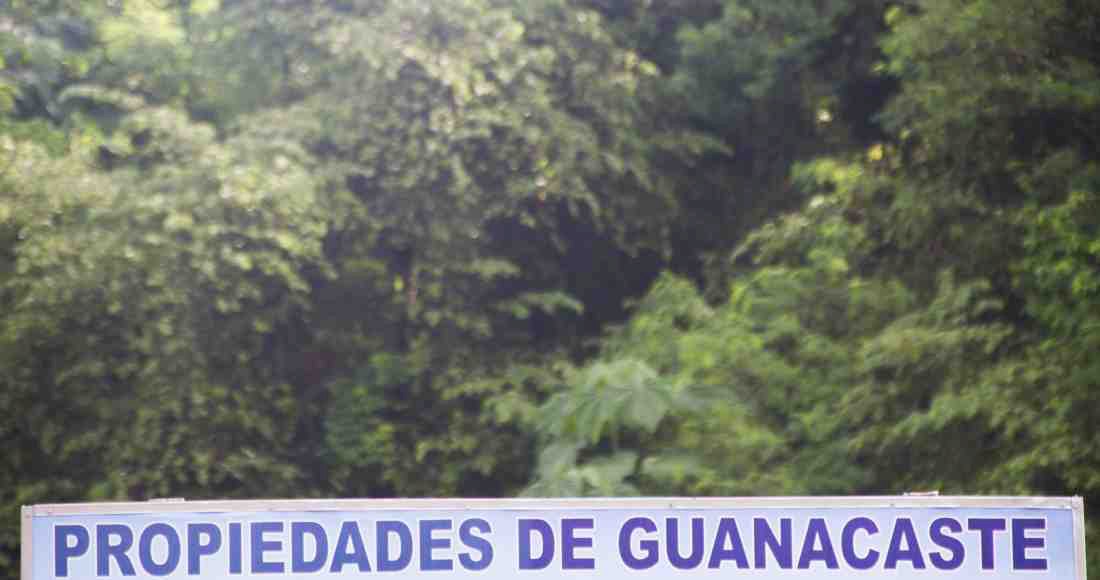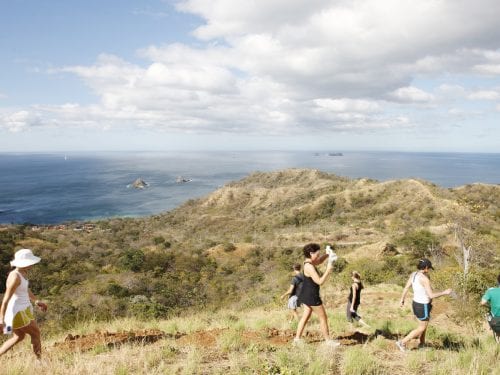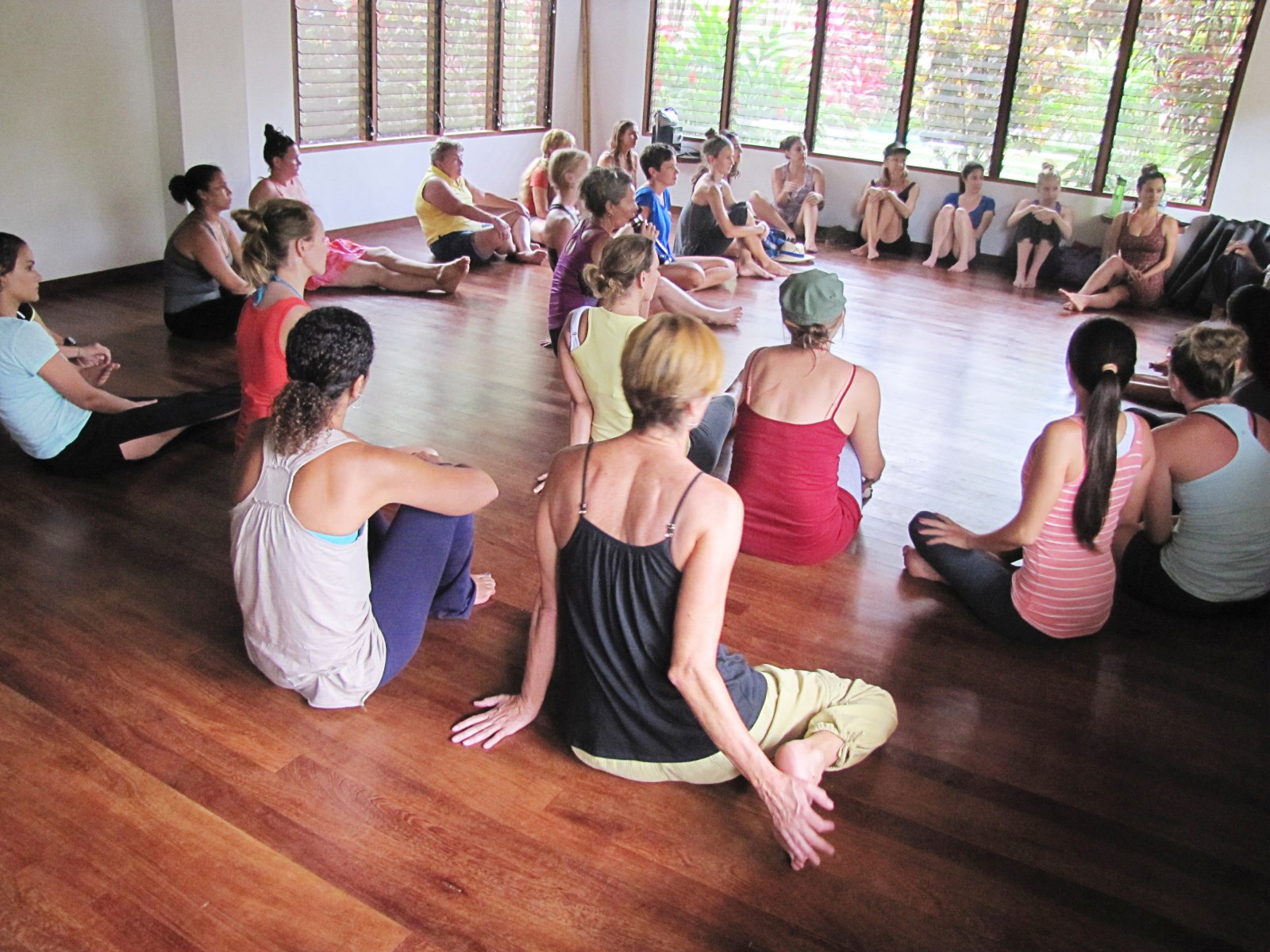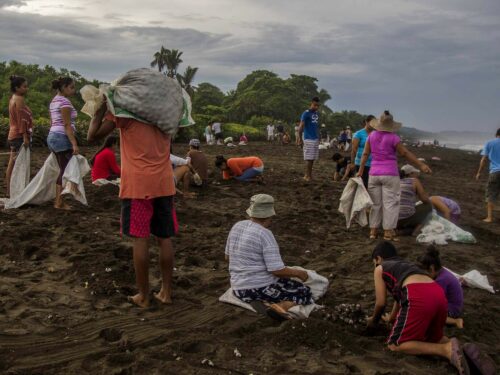
“Well, you know what’s wrong with the world today… They’re living by the law of the jungle not the law of the land.”
—Charlie Daniels, “Simple Man,” 1989
Costa Rican land law is complexity itself with contradictions, worrisome variations over time and among the various municipalities or simply in local common practice, whatever the black letter law. In Guanacaste, as an outlier to the hubbub of San Jose, the legal terrain is particularly treacherous, even as gringos successfully enjoy legal property rights when they follow the rules fully and carefully. A good introduction to the ins-and-outs of property ownership in Costa Rica may be found at http://www.ticonet.co.cr/real-estate/rights-investment.html.
“The Law of the Jungle” can mean “buyer beware,” “every man [or woman] for him [her]self,” “anything goes,” “might makes right,” “kill or be killed,” “dog eat dog” or “eat or be eaten.” As a practical matter, your exposure to loss is greatly increased when any one of these four circumstances exist:
Zona Marítimo Terrestre
The laws relating to protected areas are clear and unambiguous. The Maritime Zone from Punte India in the north and Punte Guiones to the South are inviolate without a concession from the national government. According to many legal experts, any privately-owned property in the Maritime Zone is subject to expropriation.
Squatters
In the Nosara area, there are two kinds of squatters, although the law, as it now exists, makes no distinction. The intention of the laws, I believe, was to permit small farmers without land title to remain if they occupied their land for ten years or more so long as the land was not in a Maritime Zone. Today, this practice, under the provisions of agricultural law, may or may not apply to resort development.
The other kind of squatter is a landowner, tico or gringo who bought property in good faith from an unscrupulous operator who registered land they did not own in any common sense use of “ownership.” If an occupant (presumptive owner or renter or squatter) has lived on the land for a decade, it is, according to this principle, the rightful owner so long as it is not in the Maritime Zone.
Expropriation
The government has the right to “take” property to clear a right of way that exists in the Maritime Zone or has another public use so long as the rightfully-titled owner is compensated by the government.
While these risks to investment are carefully explained by lawyers and other interpreters of the law, land thieves remain a significant hazard, particularly to those who bought land for investment but have not maintained it with occupancy, have not paid annual taxes or have employed an unscrupulous attorney who has manipulated the system to their advantage.
The Bottom Line
The United States, Canada and the EU have similar but different regulations relating to land and real estate transfers and international transactions, but all of these territories respect a rule of law with sanctions against wrong-doers. Not so in Costa Rica, where the judicial system favors attenuated process rather than quick results. Grievances against lawyers and corrupt officials typically go nowhere without concerted and expensive litigation.
But whatever the standard in practice, common sense tells us that in most cases, gringos buying property for investment, a vacation retreat or for retirement living, should benefit from their investment rather than quick buck artists looking to rip-off the unsuspecting. Unfortunately, once a property is taken and resold, and in some cases sold again, it is very difficult to go back and reclaim the original property however we define right and wrong. That is, apparently, both the Law of the Jungle and the Law of the Land.







Comments